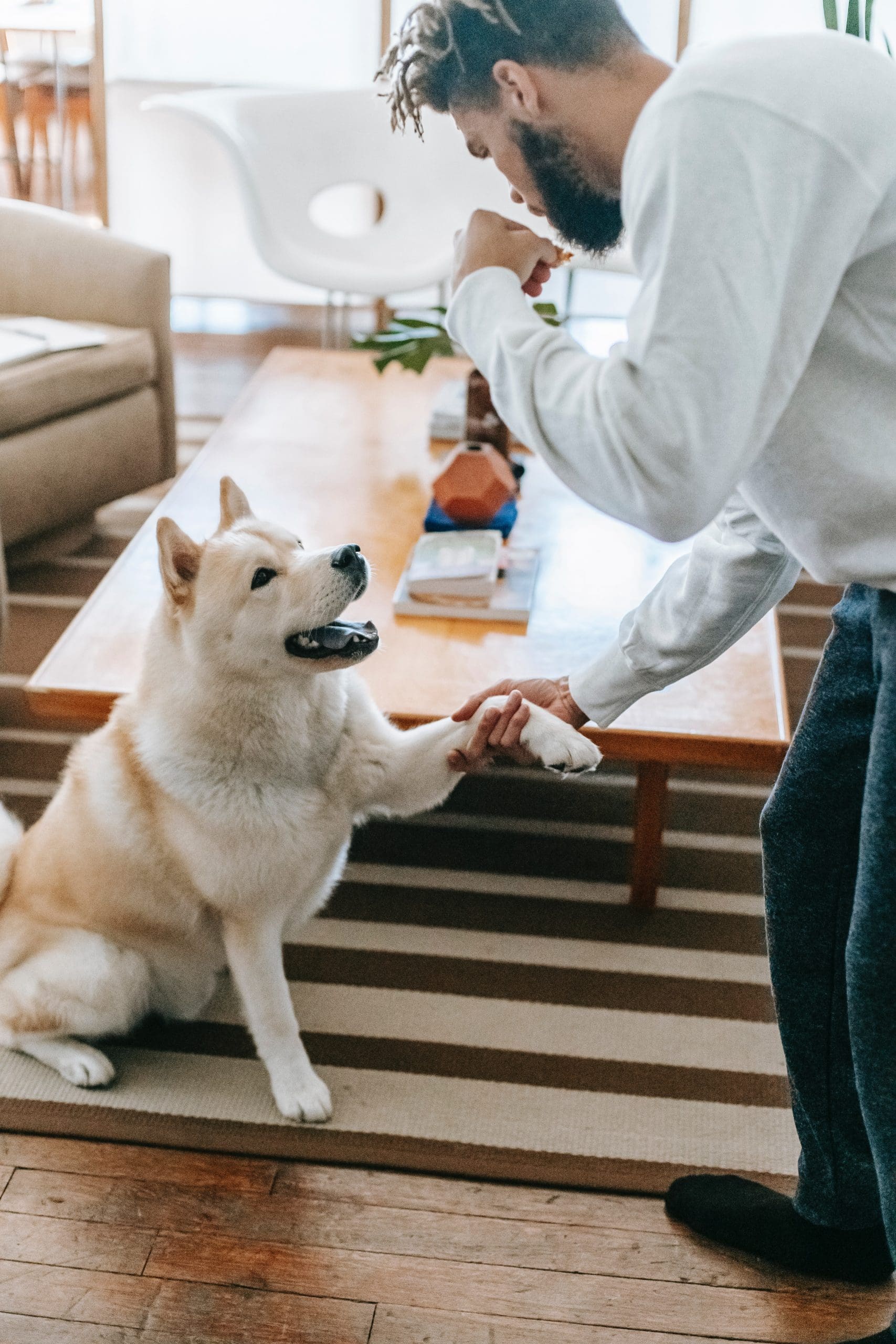Losing a dog is an incredibly painful experience. For many, dogs are more than just pets; they are beloved family members and companions. The grief that follows such a loss can be overwhelming, manifesting in a whirlwind of emotions ranging from sorrow to confusion and even anger. Understanding how to navigate this challenging time can help honor the bond you shared.
Immediate Steps After Your Dog Passes
When your dog dies at home, the initial response can be one of shock and disbelief. Take a moment to breathe and allow yourself to feel. The relationship you had with your dog was unique, and it’s natural to experience a deep sense of loss.
If your dog passes during the night, first ensure the situation is as peaceful as possible. Check for signs of life, and if you have any doubts, contact your veterinarian for assistance. Sometimes, moments of stillness can be misleading. If you confirm your dog has indeed passed, take a moment to say goodbye in your own way, whether through words, tears, or quiet reflection.
Deciding on Next Steps
After acknowledging your dog’s passing, consider your next steps. If you have a veterinarian, reach out to them for information on handling your dog’s remains. Many people opt for burial if local laws permit, allowing for a comforting resting place close to home. Marking the spot with a stone or planting a flower can create a lasting tribute to your furry friend.
If burial isn’t feasible, many veterinary clinics offer cremation services. You can choose between communal and private cremation. In a communal cremation, your dog is cremated with other animals, and the ashes are not returned. A private cremation allows you to keep your dog’s ashes in a container of your choice, providing a tangible memory of your pet.
Finding Support and Connection
Discussing your feelings with friends or family who understand the bond you shared with your dog can provide comfort. Sharing stories about your pet fosters a sense of connection. If you feel comfortable, consider joining a pet loss support group, where you can connect with others who are navigating similar experiences.
Creating a memorial can also be a healing process. A scrapbook filled with photos and memories serves as a beautiful tribute. Planting a tree or a garden in your dog’s memory can create a serene space for reflection, keeping their spirit alive in your heart and home.
Navigating the Grieving Process
In the days and weeks following your dog’s passing, a range of emotions may surface. Grief is unpredictable; it often comes in waves. Allow yourself the space to feel whatever arises, and remember that there is no rush to heal. Each person’s journey through grief is unique, and there is no right or wrong way to mourn.
As time goes on, you may find yourself reflecting on the joy your dog brought to your life. Focusing on the happy moments, playful antics, and unconditional love can shift your perspective from grief to gratitude. Consider sharing these memories in a personal journal or on social media.
Caring for Other Pets
If you have other pets, be mindful of their feelings as well. Animals grieve, too, and they may sense the loss in their own way. Providing extra attention and maintaining a routine can help them cope with the change, creating stability during this difficult time.
Prioritizing Self-Care
Taking care of yourself during this grieving period is crucial. The emotional toll of losing a dog can affect your overall well-being. Engage in activities that bring you comfort, such as spending time with loved ones, going for walks, or indulging in hobbies. Self-care is vital as you navigate through your grief.
Honoring Your Dog’s Legacy
Consider the impact your dog had on your life. Many find it meaningful to honor their pet by supporting animal welfare organizations or shelters. Donating to a local rescue group or volunteering can create a lasting legacy for your beloved companion, helping other animals in need while providing a sense of purpose as you heal.
Embracing New Beginnings
When the time feels right, some may choose to welcome a new pet into their home. There’s no set timeline for this decision. Ensure that you are emotionally prepared to bring a new dog into your life. While some find comfort in adopting another, others may need more time to process their loss. Each person’s journey is different.
If you decide to adopt again, visit local shelters or rescue groups to find a pet that resonates with you. Each dog has its own personality and story, and finding the right match can help bring joy and companionship back into your life. Remember, a new pet will never replace your previous dog, but they can help you make new memories.
Cherishing the Bond
The loss of a dog profoundly impacts the heart. The bond shared is irreplaceable, and the grief felt is a testament to the love you had for your furry friend. Allow yourself the grace to grieve, remember, and heal. With time, the pain may lessen, but the memories will remain a cherished part of your life.
As you journey through this difficult time, know that you are not alone. Many have faced similar heartache and have found ways to honor their beloved pets. By sharing your story, seeking support, and taking care of yourself, you can find a path forward. Your dog will always hold a special place in your heart, and remembering them allows you to celebrate the joy they brought into your life.

